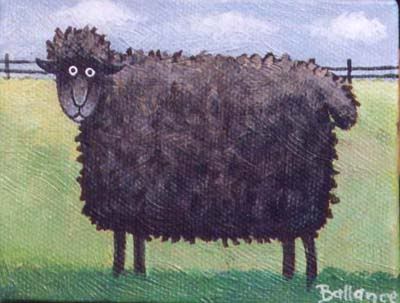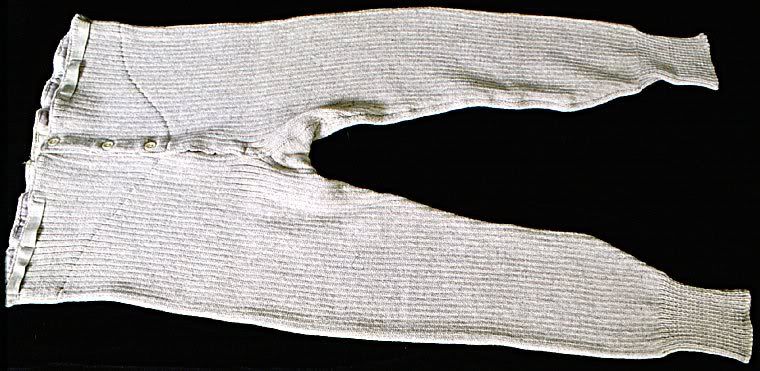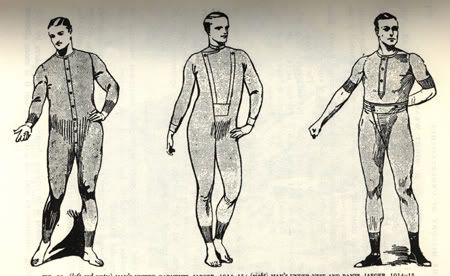worms
Member
- Messages
- 2,001
- Location
- ultima Thule
Whoa there, NT!
Both straw and wool are essentially by-products of agricultural production and I guess to a certain extent any agricultural use of land may be "less green" than leaving the land to natural regeneration.
However, wool in UK is mainly the by-product of the ewe flocks that produce the lambs for meat production. These tend to be low input systems (but not exclusively so) and involve much lower energy inputs than the grain crops that produce straw as a by-product. How you partition the environmental impact between the main product and the by-product is debatable and you also need to factor in that sheep production is often carried out on land that would not support any other food production.
It would be far too simplistic to state that straw is greener than wool.
Both straw and wool are essentially by-products of agricultural production and I guess to a certain extent any agricultural use of land may be "less green" than leaving the land to natural regeneration.
However, wool in UK is mainly the by-product of the ewe flocks that produce the lambs for meat production. These tend to be low input systems (but not exclusively so) and involve much lower energy inputs than the grain crops that produce straw as a by-product. How you partition the environmental impact between the main product and the by-product is debatable and you also need to factor in that sheep production is often carried out on land that would not support any other food production.
It would be far too simplistic to state that straw is greener than wool.






